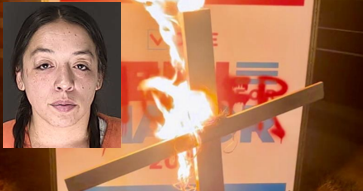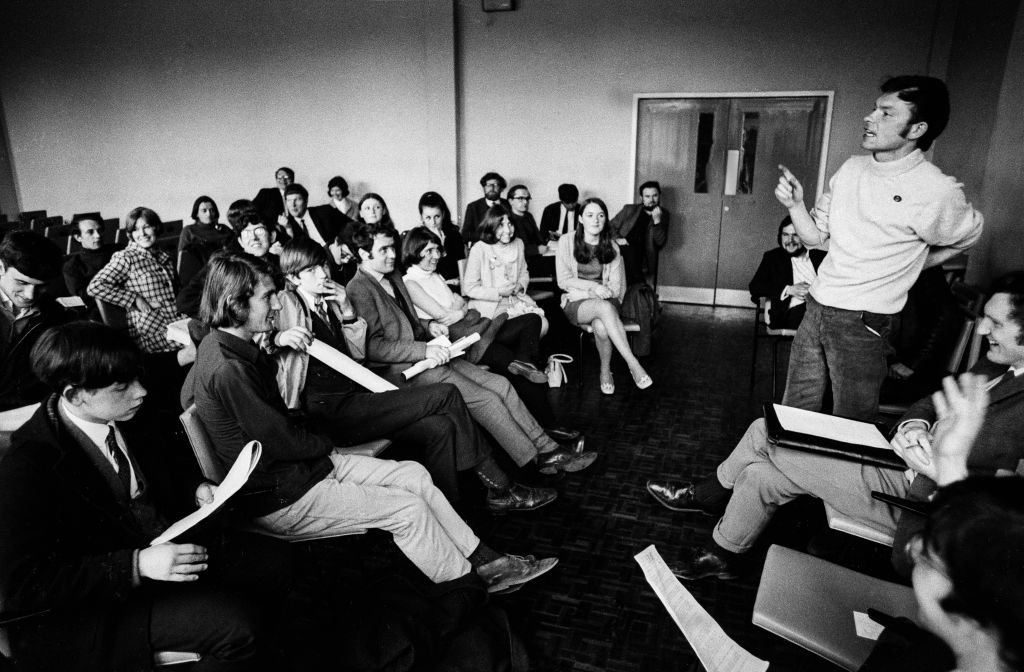Wives of jailed Nicaraguan political prisoners speak to 60 Minutes in first U.S. television interview
Victoria Cardenas and Berta Valle have not seen or heard directly from their husbands in months. Both men, Juan Sebastian Chamorro, Cardenas's husband, and former cabinet member Felix Maradiaga, Valle's spouse, were planning to oppose Nicaraguan President Daniel Ortega in elections next week and were put in prison for their ambitions, their wives say. Cardenas and Valle speak to Sharyn Alfonsi in their first interviews for U.S. television on the next edition of 60 Minutes Sunday, October 31, at 7 p.m. ET/PT on CBS.
Chamorro and Maradiaga were considered leading candidates to oppose Ortega. Cardenas says police had already been harassing Chamorro for months when they came to take her husband away last June.
"Eight police patrols were coming. There was a lot of cars, a lot of noise, a lot of people jumping in our wall," recalls Cardenas. "He was on the floor with his hands up saying, 'I am here. Please don't do anything to my wife. We are unarmed.' …They took him violently."
Since returning to power in 2006 by claiming he would curb corruption, Ortega has taken steps to tighten his grip on the poor Central American country, including changing the country's constitution to allow him more terms as president. He also made his wife vice president and his children presidential advisors or executives in Nicaraguan oil and media companies. In 2018, Nicaraguans erupted against Ortega in part because of his proposed cuts to social security payments to seniors. These cuts were in sharp contrast to the riches reaped by the first family in the second poorest country in the Western Hemisphere.
At least 350 people were killed by police or paramilitaries supported by the Ortega Regime, thousands were injured and more than 700 were arrested as fed-up Nicaraguans hit the streets calling for the president and first lady to step down.
Maradiaga was one of Ortega's chief critics. He had spoken out on the international stage, calling Ortega a dictator. He was teaching Nicaraguan students about non-violent activism when he was beaten by Ortega supporters and hospitalized in 2018. After that, for the past few years he's been followed by police, says his wife Valle, "They watch him… they put patrols in front of his house…the police would tell him that he was not able to go out..."
A former cabinet minister, Maradiaga was dragged out of a car by police, beaten and taken away, says his lawyer, who was with him on that day in June 2021. Maradiaga's and Chamorro's attorneys recently were allowed to see the men inside El Chipote Prison, a place human rights activists call a dungeon. They say the two prisoners have lost significant weight and have been subjected to psychological torture.
"It's a violation of the basic human rights… it's not only my family who is suffering, it's more than 140 families who have political prisoners who are innocent and are living this awful situation," Cardenas tells Alfonsi.
Cardenas and Valle were interviewed in Washington, D.C. where they have been appealing for help to free their husbands. Their efforts have resulted in the Ortega regime charging them with being "traitors to the homeland." They cannot return to their country for fear of arrest, says Valle.
"Not only arrested, but if they condemn me, that would be life, life [in] prison," Valle says.
Jose Miguel Vivanco, who is with Human Rights Watch, says President Ortega's acts are a disturbing throwback to another era.
"Ortega's deliberate and flagrant crackdown against peaceful opposition leaders is something without any precedent in Latin America since the '70s and '80s when most of the region was under military dictatorship," says Vivanco. "Since Ortega controls Congress, he managed to pass legislation at the end of last year that sanctioned -- as treason essentially -- any criticism of the government."





